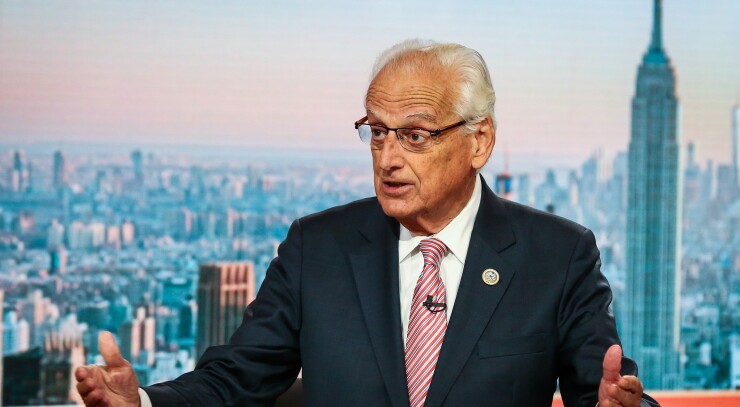Good news for taxpayers in New York, New Jersey and California. House Democrats are going to start talking about rolling back a new limit on a popular break for state and local taxes.
The House Ways and Means Committee will hold a hearing in late June to discuss a change in the 2017 Republican tax law that capped so-called SALT deductions at $10,000.
The new cap was met with a range of reactions from disdain to fury from taxpayers in high-tax states in the Northeast and the West Coast, mostly run by Democrats.

But the issue has been tricky for Democrats to address, because most of the benefit of the SALT deduction goes to top earners, at a time when the party’s presidential candidates are focused on income inequality and new taxes on the wealthy.
About 9 percent of households would benefit from a repeal of the SALT cap, according to an
Critics of the efforts to repeal the SALT cap say the issue is overblown. New York Governor Andrew Cuomo has said the change is akin to “economic civil war.” But some accountants found that many taxpayers who were limited by the SALT deduction this year still got a tax cut because they either were not able to claim the break in previous years or were able to qualify for lower rates.
The hearing will mark the first time that Democrats are formally addressing the issue since they became the majority party in the House in January. But they have been huddling in private for months about how to make changes to the GOP law.
But how far the issue will go beyond the hearing is uncertain. Lawmakers would need to come up with $620 billion in tax revenue over a decade to completely offset a repeal of the $10,000 cap, a feat that would likely create factions within the Democratic Party. And the Senate’s majority Republicans say they won’t address the issue.
The issue is a priority for Democrats in high-tax states, who say President Donald Trump targeted their constituents to pay for his 2017 tax cut. Representatives Bill Pascrell of New Jersey and Tom Suozzi of New York both have bills that would make the cap unlimited. Representative Sean Casten of Illinois has proposed to raise the cap to $15,000 for an individual or $30,000 for a couple.
“From the perspective of the New York delegation, it’s fair to say we would like to see some relief,” Representative Hakeem Jeffries, a Democrat in House leadership, said in an interview with Bloomberg News Wednesday.
The issue is less of a priority in lower-tax states, such as Florida or Nevada, where voters are less likely to hit the $10,000 deduction limit unless they earn very large salaries or own expensive homes.





